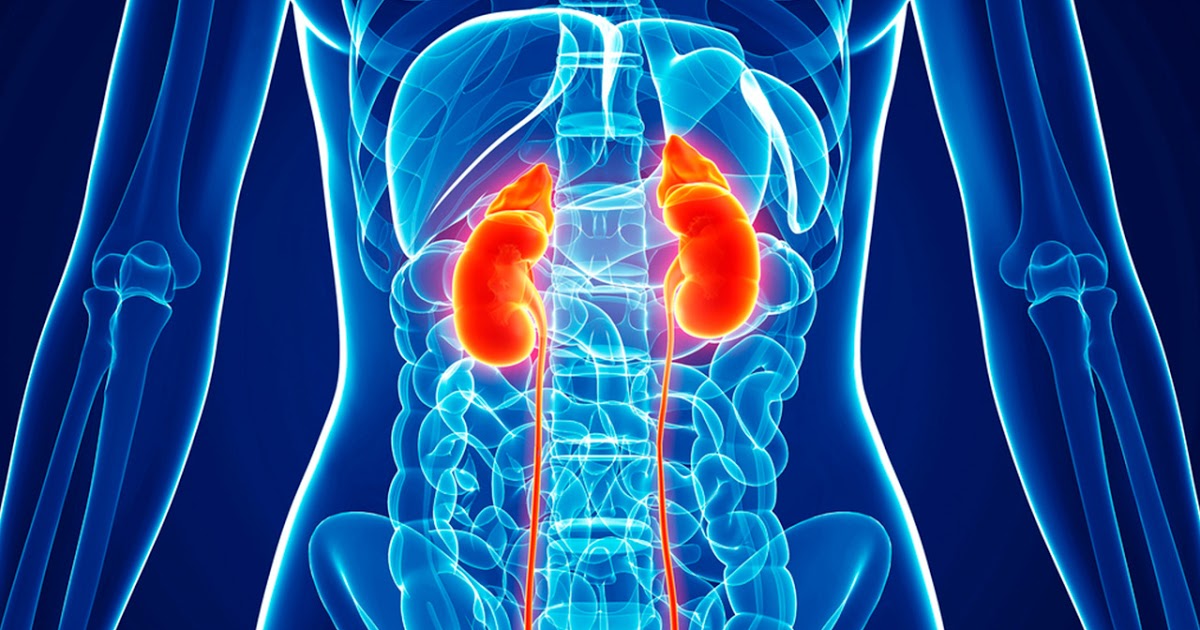Causes, Symptoms, And Treatment Of Diabetes Insipidus
Kidney Tubules Defect

An individual affected by a kidney tubules defect can develop a form of diabetes insipidus referred to as nephrogenic diabetes insipidus as a result of their defect. A healthy individual has a set of kidneys that contain small structures called tubules. The kidney tubules are responsible for the reabsorption of water from the urine when the body doesn’t have enough, and the excretion of water from the blood when the body has too much. In healthy individuals, the tubules perform this function as a response mechanism to differing levels of the hormone called anti-diuretic hormone. However, individuals affected by a kidney tubules defect have kidneys with tubules that do not know how to respond to varying levels of anti-diuretic hormone appropriately. A kidney tubules defect can be a result of an inherited genetic mutation in the individual's DNA, or it can be more of a chronic kidney disorder. In addition, nephrogenic diabetes insipidus that has precipitated from a kidney tubule defect can be the result of certain types of medications, including some antivirals and lithium.
Read more about what can result in diabetes insipidus now.